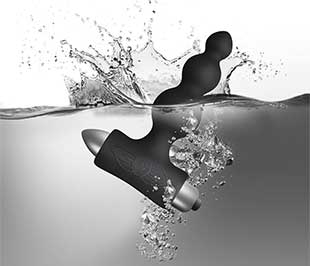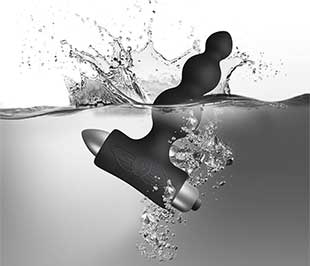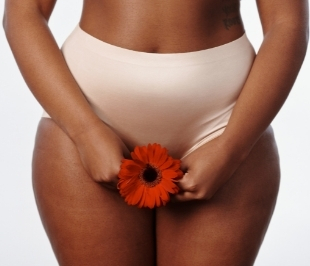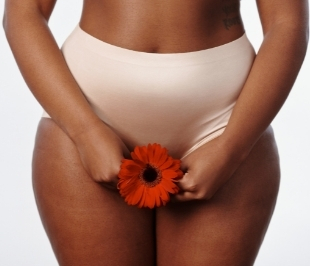Best Butt Plugs for Beginners


Whether you’re looking to enter the world of butt stuff or you’re in need of a brilliant new sex toy to brighten up your bedroom antics then butt plugs are the answer. Fun, practical, sexy – discover the best butt plugs for beginners here.
How to use a Butt Plug
Whilst the name is rather a giveaway, let’s take a closer look at why Butt plugs are a booty favourite for many. Butt plugs come in all shapes and sizes but typically are a small toy with a round or pointed tapered tip, allowing easy insertion. Once inserted the butt or anal plug sits inside of you like a snug plug providing a whole range of sensations (depending on what butt plug you go for and how you use it), making them a popular sex toy among all. Designed for easy insertion and removal, use the handle to simply remove when playtime is over.
To be used within masturbation and penetration, butt plugs are a versatile toy available for both men and women. Whether you want to try anal toys for the first time or get ready for great anal sex, butt plugs are a great way to do so for all genders and levels of experience, beginners, intermediates and experts.
Butt plugs are available in a wide range of materials, each possessing different qualities. Like most silicone toys, silicone butt plugs are smooth and soft with a luxurious feel to them. Most silicone butt plugs are pocket friendly however if you are looking for something with more oomph, like a remote control or multi vibration modes then you may have to spend slightly more. Alternatively, glass butt plugs are extremely solid and offer durability. Although glass butt plugs may appear rather intimidating, this one boasts a body-safe design and features a flared base allowing easy insertion. Moreover, glass butt plugs along with stainless steel butt plugs are perfect for those looking to dip their toe in temperature play. Leave in the fridge or heat up in warm water to experiment with cold and hot sensory stimulation.
The Benefits of a Butt Plug
Don’t be fooled by the size, for a small toy butt plugs provide amazing results. They can enhance sensations, stimulate internal and external pleasure points and lead you to that almighty orgasm. They make a great addition to your sex life by adding extra to your sex sessions or heating things up during foreplay. Butt plugs offer precise perineum and prostate stimulation and make for amazing anal play.
If you’re just setting out on your anal play journey and want to ease yourself in smoothly, then training kits are ideal. These tend to include several butt plugs of different sizes, allowing you to start off small and make your way through the larger ones at your own pace. Twirly Trio Jelly Butt Plug Set (£17.99) offers three textured butt plugs with deep grooves, starting from 5 inches and move up to 6. This is the perfect trio for anyone entering into anal training for the first time or advanced users after variety within their toy collection. Made from a soft jelly, these butt plugs feel as great as they look and offer easy cleaning. Another great thing about butt plugs and these training kits is that you can indulge in as much anal play as you want and discover what feels good for you without even needing a partner.
Wanting to take things the whole way and try anal sex? Butt plugs are a helpful tool to get you on your way. Just like any type of sex, you can prepare your body for penetration using sex toys.
It can take some time to warm up for anal penetration so anal sex toys allow you to get used to the sensations and prepare for the real thing. To avoid going in blind-sighted, we encourage you to find a toy that will allow you to do this whilst providing you with maximum pleasure. Although this may not be the most comfortable experience to start with, the more regularly you use anal toys, the more your body will get used to the sensations. It goes without saying, we advise you partner your toy with a lube, especially if you are a newbie, this will make the experience more comfortable and pleasurable for you. If you are unsure which one to go for, stick to a water based lubricant as these are compatible with most sex toys.
What Butt Plug Should I Buy?
We’re not claiming to be sex educators but we certainly are experts when it comes to recommending the best butt plugs to kickstart your anal adventures. There are so many options when it comes to butt plugs that it can be overwhelming finding the right one for you. Discover what the different butt plugs can do for you and find your perfect fit here.











